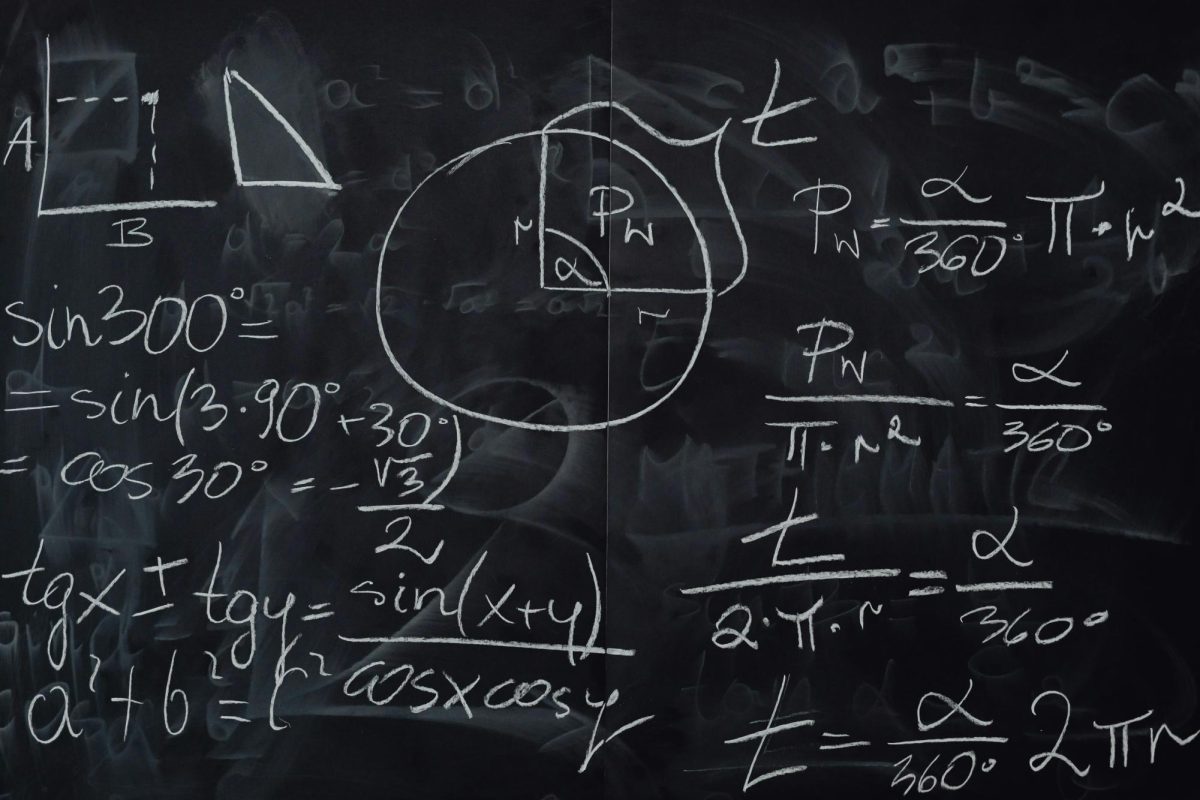Light from the East: the Witness of Aleksandr Solzhenitsyn
April 28, 2022
In this age, American ideology and secular fundamentalism clutter life. The curtains of relativism shut out the light of truth. Aleksandr Solzhenitsyn, too, faced these trials under the tyranny of Soviet Russia. He encouraged the world to live not by lies but to stand for justice, peace, and truth — to defend “not so much human rights as human obligations,” as he said in his famed address at Harvard University.
According to The Aleksandr Solzhenitsyn Center, Solzhenitsyn was born in Kislovodsk, Russia in 1918. He studied mathematics at Rostov University and also took courses at the Moscow Institute of Philosophy, Literature, and History. Like most of his peers, Solzhenitsyn was drawn to the Soviet Union’s promises of power, quickly adopting the atheist zeitgeist of communist Russia. He swiftly rose in rank, but after serving on the front lines during World War II, Solzhenitsyn was shocked at the naked evil of war and the folly of Joseph Stalin. This revelation caused Solzhenitsyn to find himself disgusted with the Soviets and the life he had been living. In 1945, he was arrested for writing negatively about Stalin in a letter, accused of violating Article 58 of the Penal Code: “Counter Revolutionary activity.” He was sentenced to eight years in gulags, Russian labor camps.
From 1950 to 1953, Solzhenitsyn was forced into a gulag in Ekibastuz, Kazakhstan as an exile. He worked as a stonemason, laying bricks. However difficult this experience was, Solzhenitsyn’s time in the Gulag provided raw material for his future book, The Gulag Archipelago and One Day in the Life of Ivan Denisovich. After the conclusion of his prison sentence in 1953, Solzhenitsyn was still exiled from Russia, so he lived in Kok-Terek, Kazakhstan, teaching math and physics. His first day without an armed guard was March 5, 1953 — the same day Stalin died.
However, being diagnosed with cancer put a hold on his possible, long-awaited safety. Told he had three weeks left to live, Solzhenitsyn was sent to a cancer ward in Tashkent, Uzbekistan. Miracuously, he survived, and this experience, though yet another trial, became the basis of his novel Cancer Ward. These experiences aided in Solzhenitsyn’s conversion to Russian Orthodoxy. Defying the Soviet Union, which had transformed Russia from a Christian Orthodox nation to an atheistic desert, helped Solzhenitsyn to recognize the moral truth rooted in Jesus Christ.
In the early 1960s, Solzhenitsyn was allowed to publish more of his shorter works. By 1969, however, he was expelled from the Writers’ Union, his sin being to have published The Gulag Archipelago, exposing the horrors of the Soviet prison camp system to fellow Russians and, later on, the world. In 1970, Solzhenitsyn was awarded the Nobel Prize for Literature. Even so, the publication of August 1914 led the Soviets to retaliate. Solzhenitsyn was stripped of his Russian citizenship in 1974. He, his wife, and his children fled to the West and eventually settled in Vermont, where they resided until after the fall of the Soviet Union. There, he completed his epic The Red Wheel and several other shorter works. In these, he confronted the weak will of the West in the face of incessant Communist brutality. He also warned against the evil power of materialism and lies in both the West and East alike.
While still in Russia under close watch of the KGB, Solzhenitsyn spoke out courageously in his speech “Live Not by Lies”: “And thus, overcoming our temerity, let each man choose: Will he remain a witting servant of the lies (needless to say, not due to natural predisposition, but in order to provide a living for the family, to rear the children in the spirit of lies!), or has the time come for him to stand straight as an honest man, worthy of the respect of his children and contemporaries?…It will not be an easy path, perhaps, but it is the easiest among those that lie before us. Not an easy choice for the body, but the only one for the soul. No, not an easy path, but then we already have among us people, dozens even, who have for years abided by all these rules, who live by the truth.” These words resonate with human nature and ideology, teaching that even the smallest steps towards spiritual independence can make the greatest impact, that if many march together for this goal of noble resistance against age, the entire system will teeter, if not collapse.
When Solzhenitsyn brought this message to the American elites gathered at Harvard, it stirred great controversy. He criticized the West, condemning western culture for moral insolvency and promoting hedonism and secularism. He critiqued the West for being a society weakened by materialism, encouraging people to not be blinded by pride, by a sense of superiority, but to allow courage to be dominant: “A decline in courage may be the most striking feature which an outside observer notices in the West in our days. The Western world has lost its civil courage, both as a whole and separately, in each country, each government, each political party…Such a decline in courage is particularly noticeable among the ruling groups and the intellectual elite, causing an impression of loss of courage by the entire society. Should one point out that from ancient times declining courage has been considered the beginning of the end?”
Solzhenitsyn returned to Russia in 1994 and traveled extensively, meeting with many people. He continued writing, publishing novels, memoirs, and essays. His works range from confrontations of the Soviet Union to denunciation of twentieth-century writers. He died in 2008.
In the grand scheme of things, evil is nothing — empty, hollow. Just as the sun always rises, truth always wins. As Sam Gamgee explains in The Two Towers, “In the end, it’s only a passing thing, this shadow. Even the darkness must pass. A new day will come. And when the sun shines, it will shine out clearer.” Aleksandr Solzhenitsyn teaches just that — that evil, though it may seem unconquerable, is always overcome, and that goodness, though it must be fought for, will always prevail.
References
“Biography.” The Aleksandr Solzhenitsyn Center, The Aleksandr Solzhenitsyn Center, n.d., solzhenitsyncenter.org/his-life-overview/biography.
Solzhenitsyn, Aleksandr. “Live Not by Lies.” The Aleksandr Solzhenitsyn Center, The Aleksandr Solzhenitsyn Center, n.d., solzhenitsyncenter.org/live-not-by-lies.
“Timeline.” The Aleksandr Solzhenitsyn Center, The Aleksandr Solzhenitsyn Center, n.d., solzhenitsyncenter.org/timeline.






Catalina • May 4, 2022 at 10:26 am
Mary Clare, you did a great job on this article!!! I think you explained Solzhenitsyn’s story and ideas really well, as well as explaining the Soviet Union’s hypocrisy, harsh methods and the political climate at the time. Reading this article, I gained more insight into Solzhenitsyn’s life and the ideas developed throughout the the paper were very advanced!!